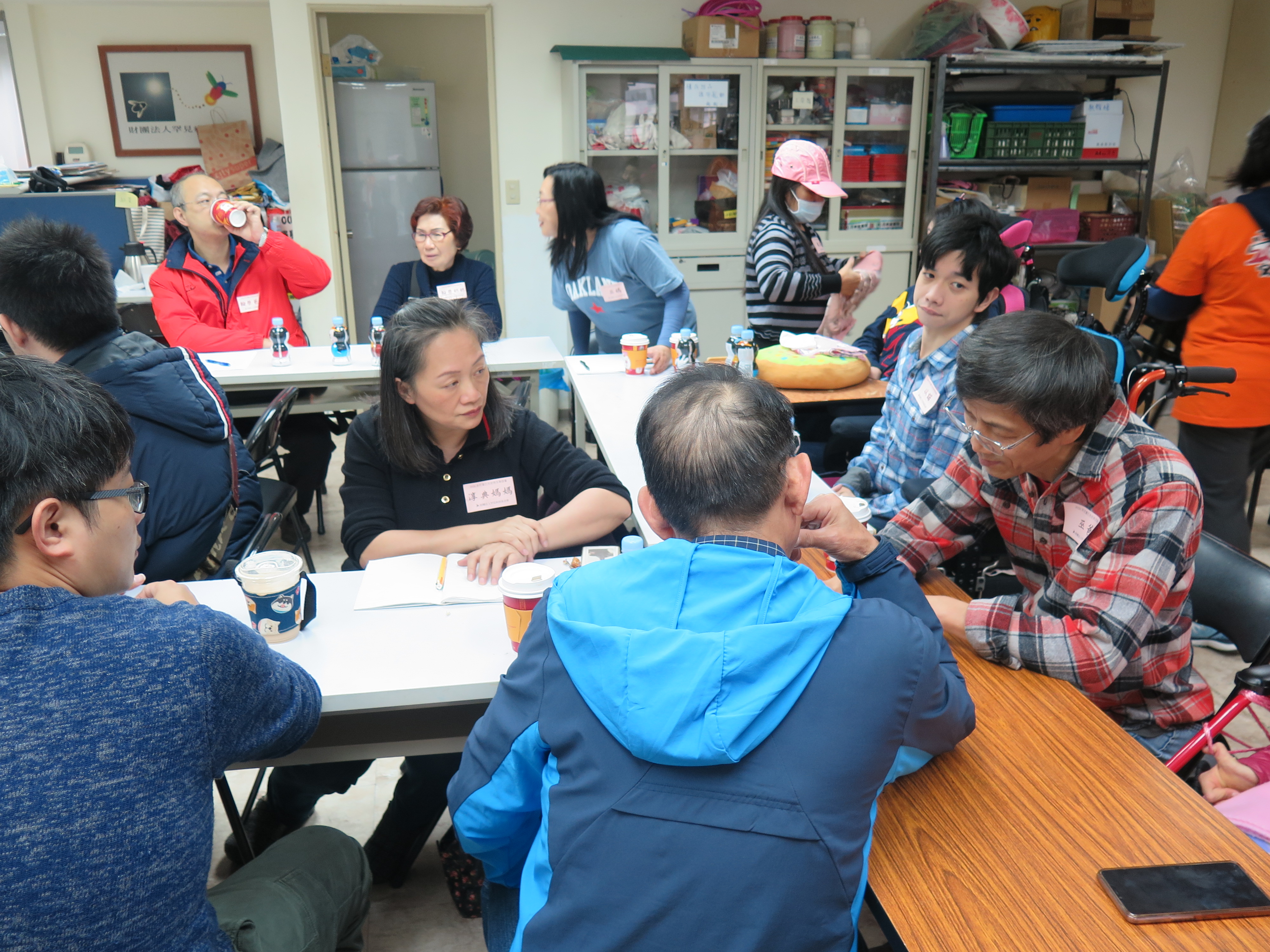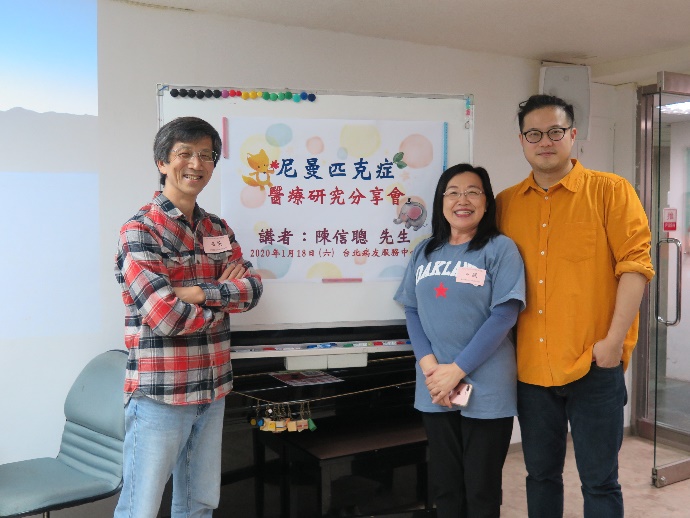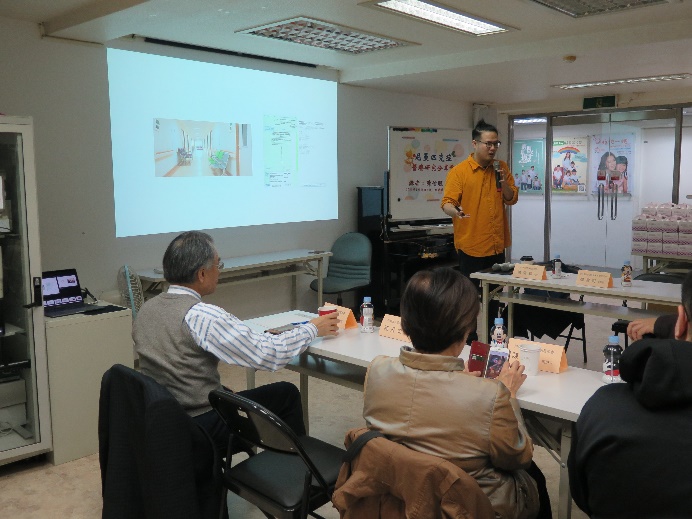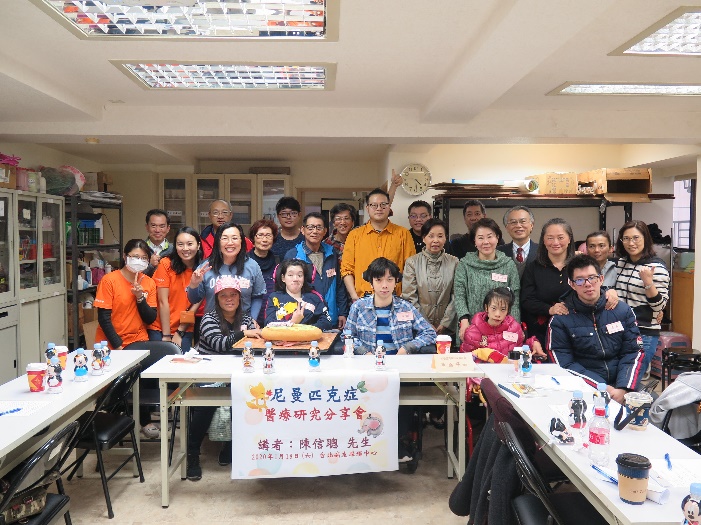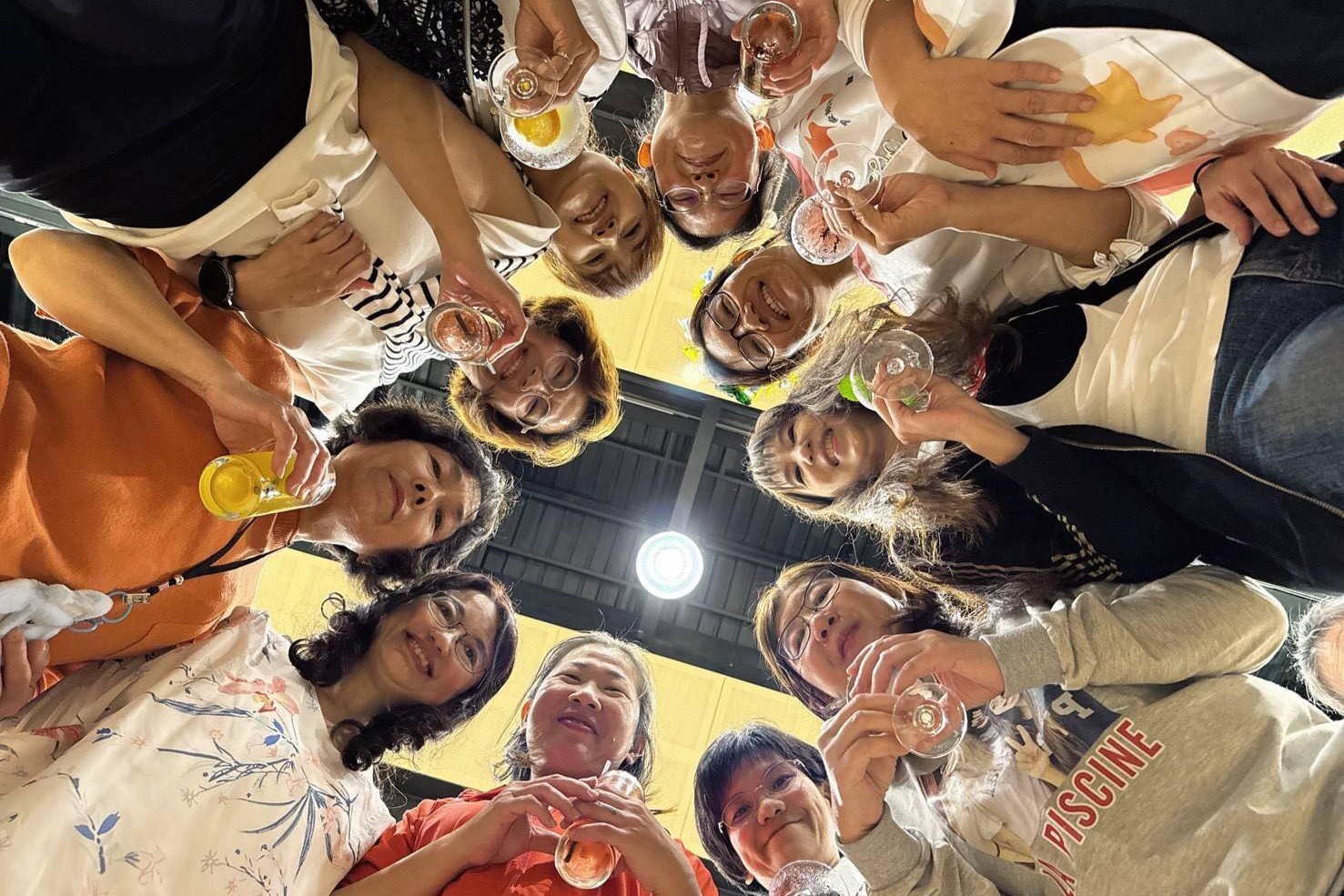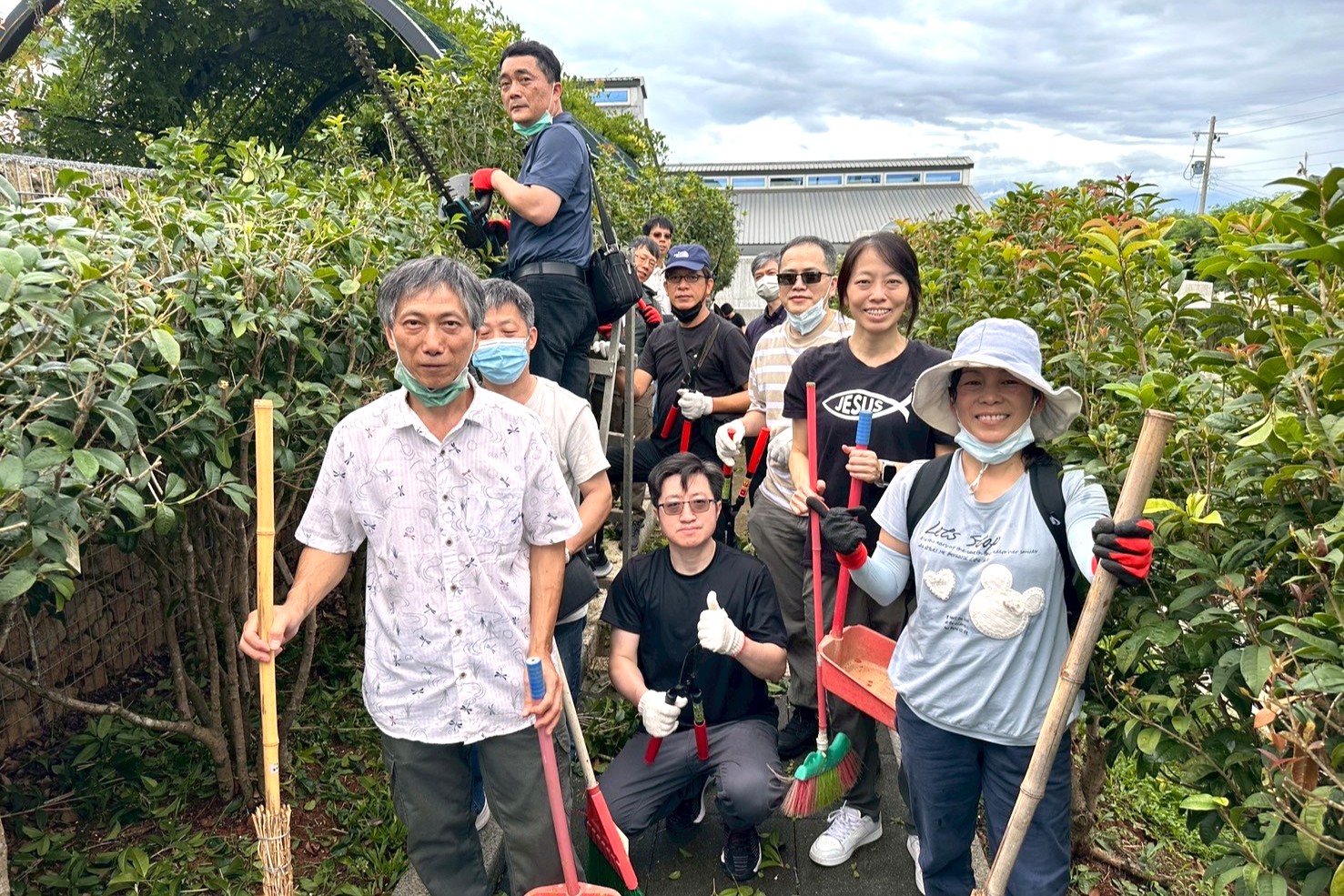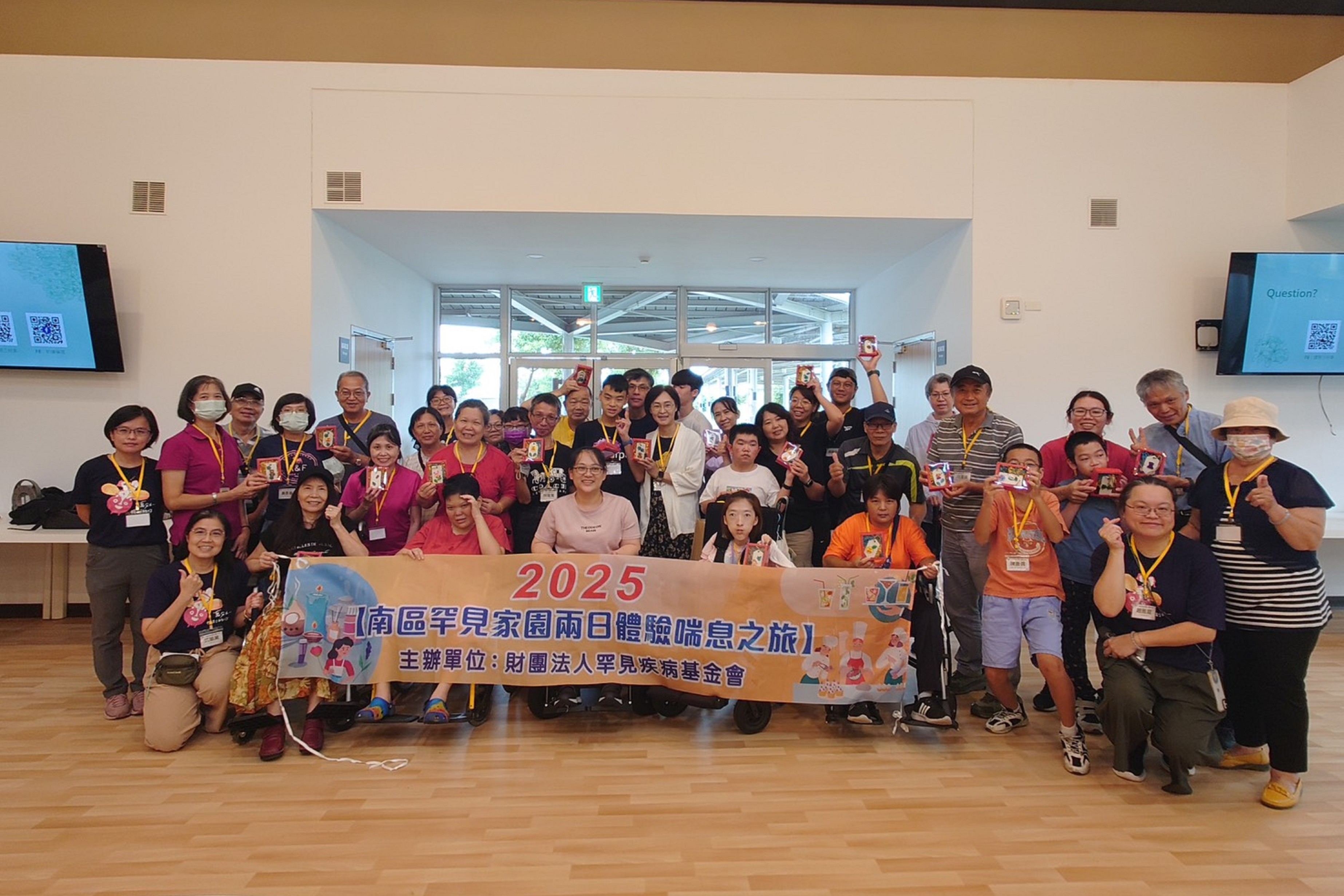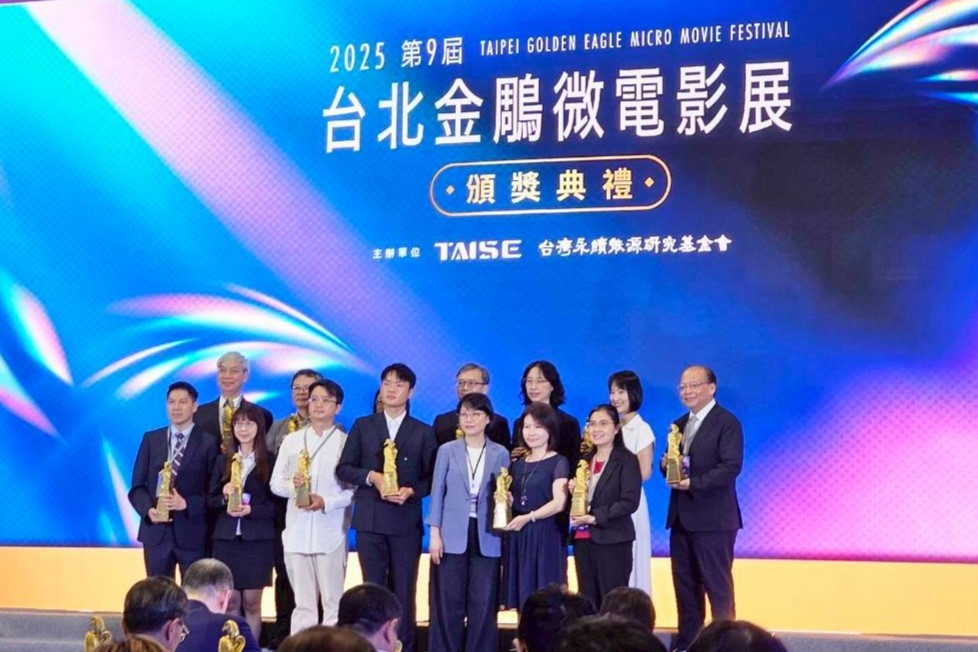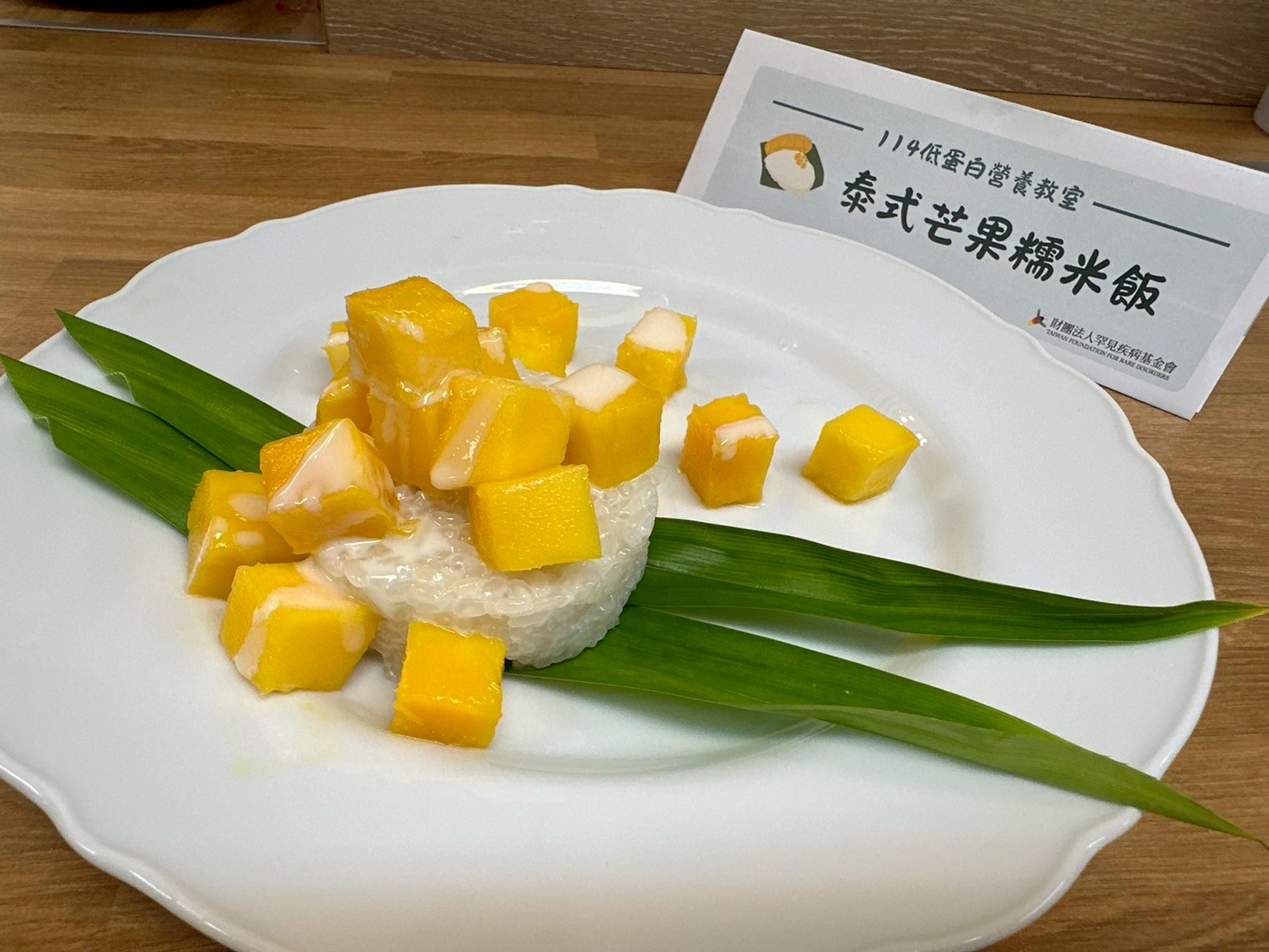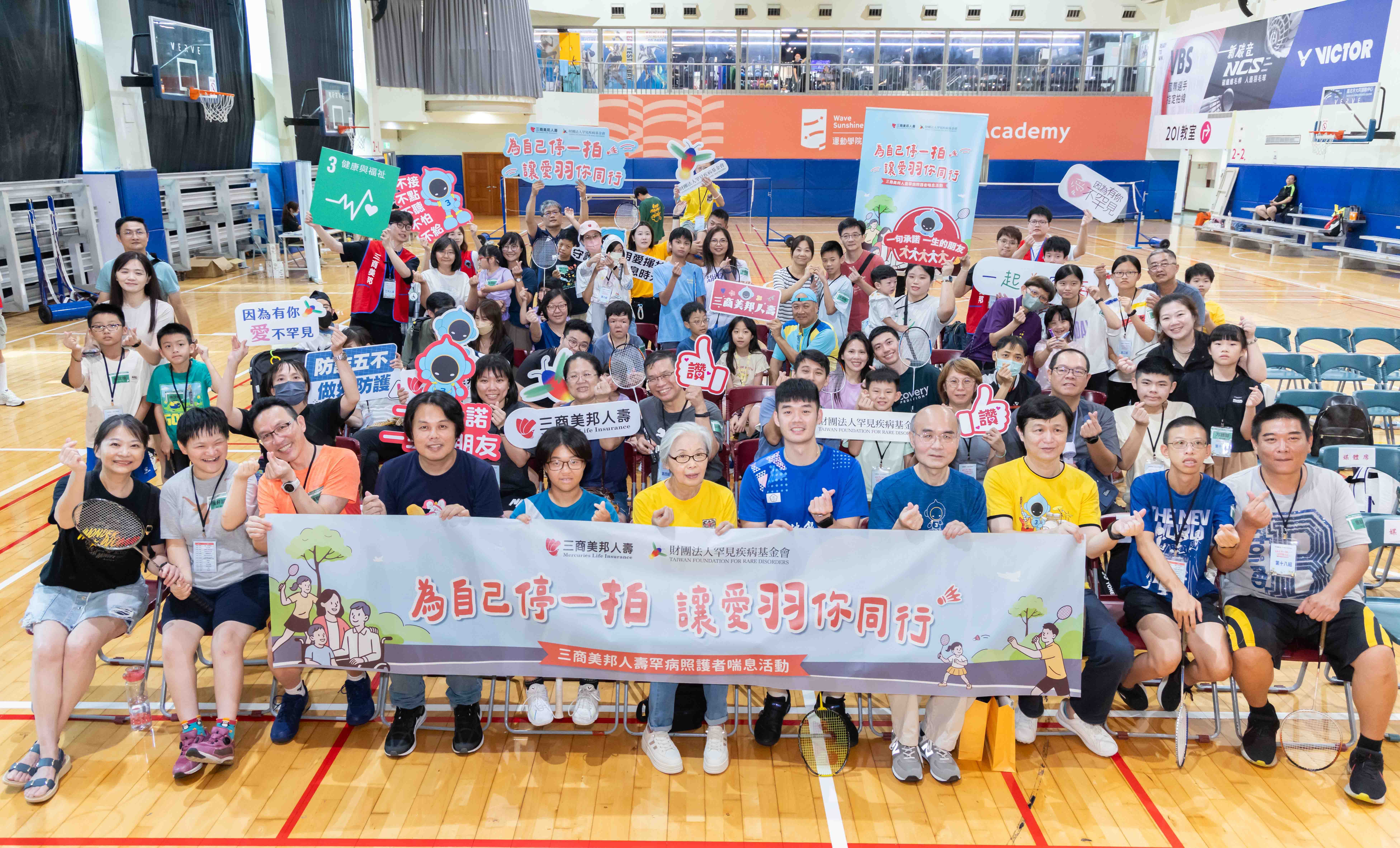News
Niemann-Pick Patient and Medical Research Sharing
The Niemann-Pick Patient Association has entered its 14th year since its establishment in Sep. 2006. President Chin-Huei Wu and his wife have, for many years, dedicated themselves to helping patients’ families with their needs, including care issues, medical or social welfare information, psychological support for family members, and even the latest news on treatments. They are like heartwarming candlelight for families affected by Niemann-Pick disease (NPD).
Mr. Xin-Cong Chen, who is studying for his PhD degree at Oxford University, was invited to share the recent progress in treatment for NPD on Jan. 18th, 2020. A total of 17 people, including patients and their families, came to the meeting despite the cold weather, expressing their helplessness and deep hope for treatment.
Mr. Chen is currently working on gene therapy for Niemann- Pick disease type C (NPC). He started the talk by introducing the UK’s National Health Service (NHS) in detail. Premiums under the NHS varies based on income level. Patients do not need to pay to visit the doctor, but most patients have to pay prescription charges, charges made for prescription medications. The charge is £9 per item, so people generally don’t like getting their prescription medicines, and doctors won't prescribe medications unless it is necessary. Children under 16, people aged 16-18 and in full-time education, people over 60, pregnant women, and patients with special conditions are exempted from these charges. In the UK’s health care system, rare diseases and hereditary diseases belong to two separate classifications. This shows the government attaches great importance to them.
Next, Mr. Chen went on to introduce Niemann-Pick UK (NPUK). This foundation is especially important. It raises funds, supervises research, helps foster and maintain relationships between patients. On NPUK’s website, you can find information regarding current clinical trials for NPC. This helps make the research more transparent. Mr. Chen suggested that if the patients want to participate in clinical trials, they should discuss with their doctors first.
Finally, Mr. Chen talked about treatment methods and research progress. In the world of technology, artificial intelligence (AI) is the mainstream; in medicine, it’s gene therapy. Take NPC for example. Mutations in a gene impair the function of a protein used to transport lipids. As a result, lipids accumulate inside cells, causing symptoms that can affect the nervous system or the liver. Replacing the broken gene with a normal one can produce the functional protein, and the problem will be solved. As of now, there are two types of gene therapy. The first method involves using viruses. By using viruses as a vector, we can send the genetic material into the human body to produce its own DNA. The second method is gene editing. However, it is still being studied because scientists are still not able to cut the genome precisely at the desired location, so there is still some risk in it.
By sharing recent progress in research, Mr. Chen encouraged the patients and their caretakers to remain hopeful and keep their sunny side up. Medical research is making progress every day because many scientists are working hard, doing research. Even a small step forward is exciting!
Translator: Jonathan Wilson (Bruton disease), Reviewer: Albert

